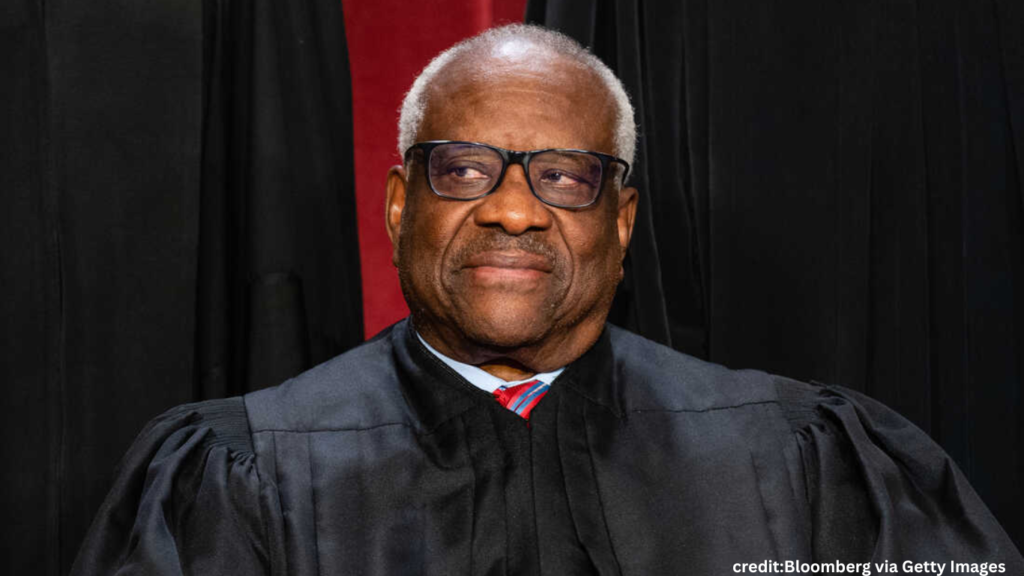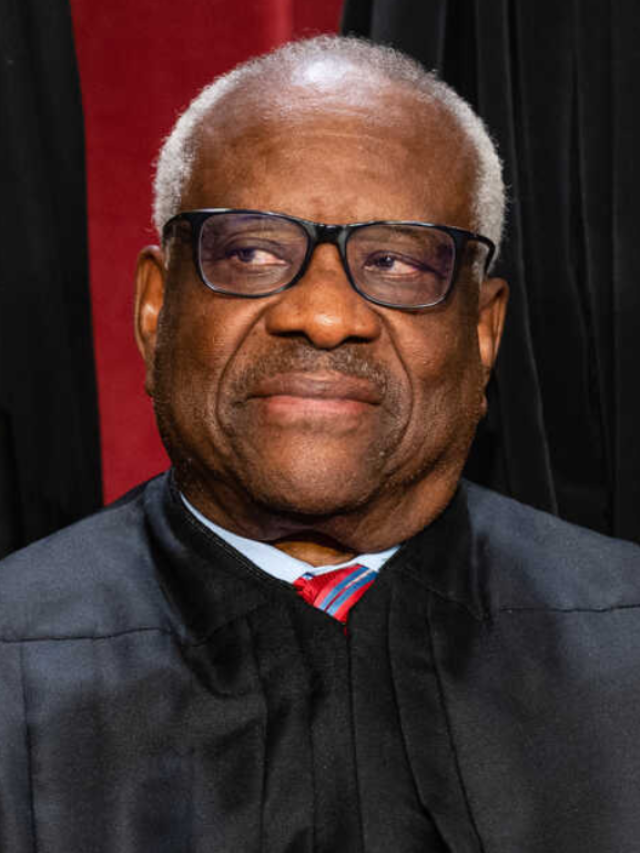Introduction: Clarence Thomas Scandle.

– Clarence Thomas, Supreme Court Justice, reportedly expressed concerns about his financial situation before accepting gifts and vacations from conservative benefactors.
– A lack of disclosure regarding these gifts raises concerns about potential violations of federal law.
– This article examines the financial circumstances, alleged gift acceptance, and implications for judicial integrity.
1. Financial Concerns and “Job Comfort”:
– Justice Thomas expressed worries about his financial situation, including substantial debt and the need to support his grandnephew.
– As one of the least wealthy members of the court, he sought better pay and financial stability.
– Republicans, valuing Thomas’ conservative jurisprudence, aimed to ensure his satisfaction with the job.
2. Gifts from Conservative Power Brokers:
– Wealthy conservatives, like Harlan Crow, began showering Justice Thomas with gifts and trips shortly after Thomas’ conversation about potential resignations due to financial issues.
– These gifts included presents, trips, yacht rides, and covering the cost of Thomas’ grandnephew’s private school tuition.
– The disclosure of these gifts raises concerns about potential violations of federal law.
3. Impact on Court Legitimacy:
– The disclosure of Thomas’ relationship with conservative benefactors has contributed to questioning the legitimacy of the Supreme Court.
– The court’s conservative majority occasionally displays overtly political reasoning, such as the Dobbs ruling in 2022.
– Critics argue that disclosure and potential impropriety undermine public trust and perception of the court’s impartiality.
4. Calls for Ethics Standards and Enforcement:
– Democrats and watchdog groups pressured Chief Justice John Roberts to establish a written code of ethics for justices.
– The newly established rules fall short by lacking an enforcement mechanism and relying on justices to police themselves.
– The recent revelations surrounding Thomas show the unreliability of self-policing and the need for stronger measures.
5. Judicial Integrity and Trump’s Legal Case:
– Concerns about judicial integrity grow as the Supreme Court reviews Donald Trump’s claim of immunity from criminal charges related to the 2020 election.
– Calls for Thomas to recuse himself arise due to his wife’s involvement in election subversion activities.
– Questions about impartiality and the Supreme Court’s handling of politically sensitive cases persist.
Conclusion:
– Clarence Thomas’ financial circumstances, alleged gift acceptance, and subsequent impact on judicial integrity raise serious concerns.
– The lack of disclosure and reliance on self-policing underlines the need for stronger ethics standards and enforcement mechanisms.
– As the Supreme Court handles politically sensitive cases, questions regarding impartiality and public trust remain.
